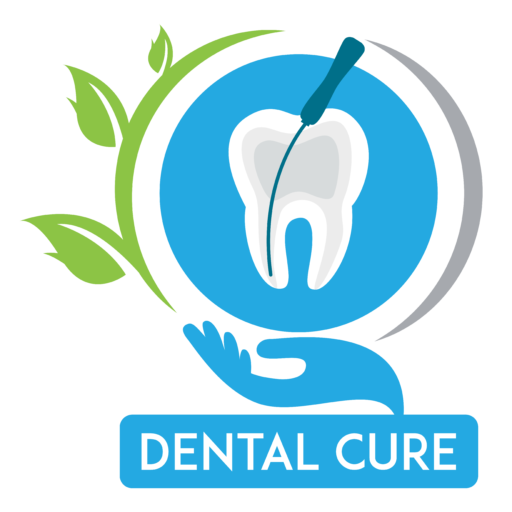CHILD’S FIRST DENTAL VISIT
Introducing your kid to a dentist early in life establishes a standard for good oral health by allowing your kid to acquire a way of life with dental surroundings.
Why Early Dental Care Matters
- Preventive Care: First, the initial dental care establishes a foundation for good oral hygiene habits.
- Establishing Trust: Introducing children to a dentist earlier shows confidence and removes dental anxiety.
- Monitoring Growth: Dentists can monitor the development of your kid’s teeth, jaws, and chewing function and start dealing with any emerging problems very early.
When to Plan the First Appointment
According to the American Academy of Pediatric Dentistry, the first dental visit should be made six months after the eruption of the primary teeth or at one year of age.
- Selecting a Pediatric Dentist (Pedodontist): They undergo training specific to the particular dental needs of babies, toddlers and children.
- Child-Friendly Environment: Choose a dentist with a friendly and engaging environment for toddlers, where the facilities and activities also benefit younger patients.
Getting Your Child Ready
- Positive Reinforcement: Positive words are essential when discussing the dental visit with your kid with stress on dental hygiene.
- Role-Playing: Put on a show of dental visits at home with toys or dolls in which your kid has an idea of what to expect.
- Books and Videos: Let your child read age-appropriate books or watch films about dentist visits to help them deal with their fears and anxieties.
What Should Parents Expect from the Visit?
- Meet & Greet: The very first dental visit usually begins with a meet-and-greet involving the dentist and a team of dental professionals to make your toddler feel more comfortable and at ease.
- Oral Examination: A dentist will conduct a gentle oral exam to evaluate your little one’s dental health, including checking for cavities and evaluating gum and oral hygiene.
- X-rays (if essential): Depending on your child’s age and general health, the dentist can give an X-ray to obtain the images to evaluate the tooth development and alignment.
- Cleanings and Fluoride Treatment: A dental hygienist may polish and apply fluoride to your baby’s teeth to prevent them from forming roughly.
Common Concerns
- Thumb-Sucking: Apart from parental intervention, the dentist has a role in addressing the habit of thumb-sucking and its ability to contribute to developmental dental issues.
- Teething: To ensure your baby always has an easy time, talk to your dentist about teething signs and solutions.
- Pacifier Use: Capture the chances of biting or jaw misalignment from prolonged pacifier use and, if needed, ways of weaning the child.
Post-visit care and Follow-Up
- Home Care Instructions: The dentist will offer homemade care techniques for i) brushing, ii) flossing, and iii) dietary tips.
- Scheduling Follow-Up Visits: Arrange for follow-up visits periodically that the doctor recommends. This ensures a continuous track of your child’s oral health and the subsequent improvement.
- Emergency Contact Information: Make sure you have saved the dentist’s phone number in your phone contact list in case of any dental issues or urgency.
Your child’s first visit to the dentist will be your first significant milestone towards an oral heathism for them. Therefore, children are convinced by knowing the possible experience, deciding on a pediatric dentist, and setting themselves up for healthy smiles that will make them feel good.
